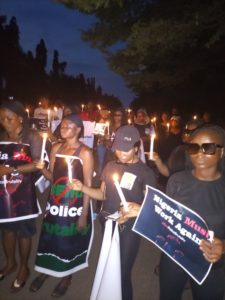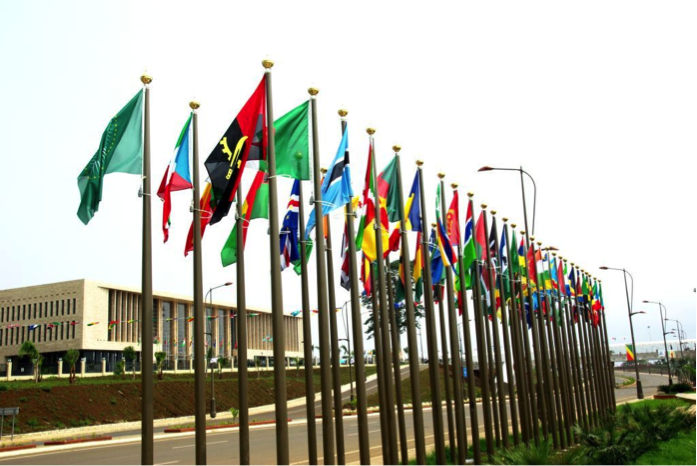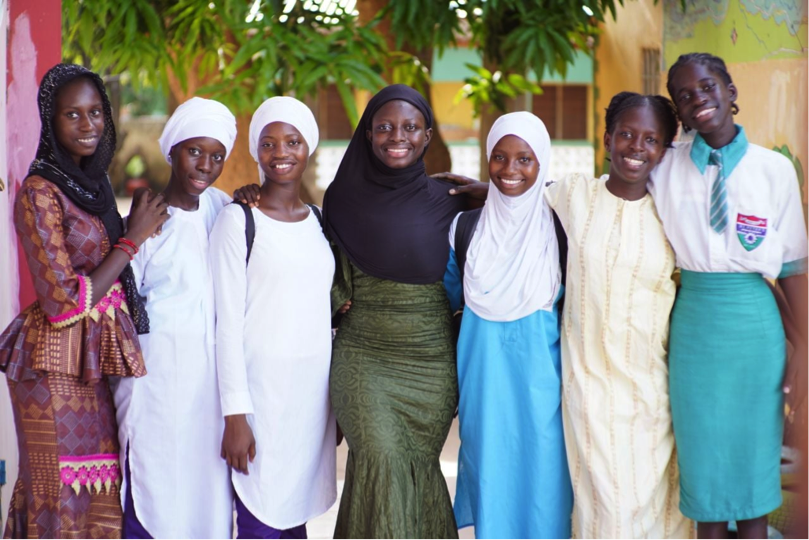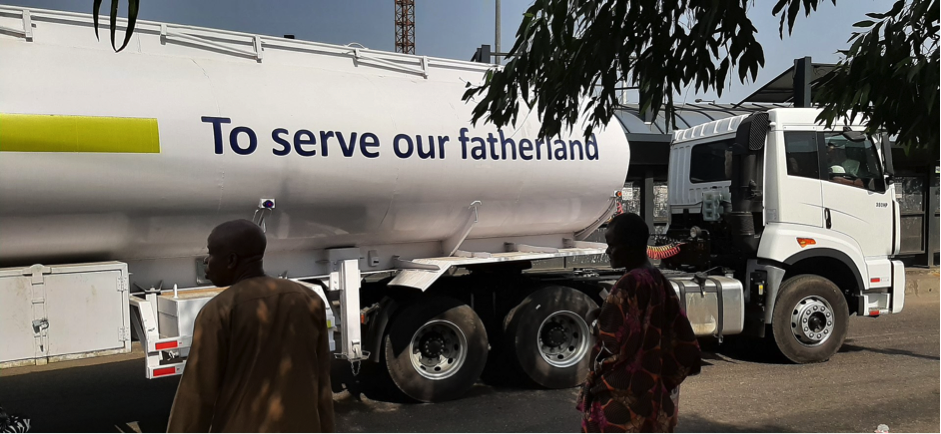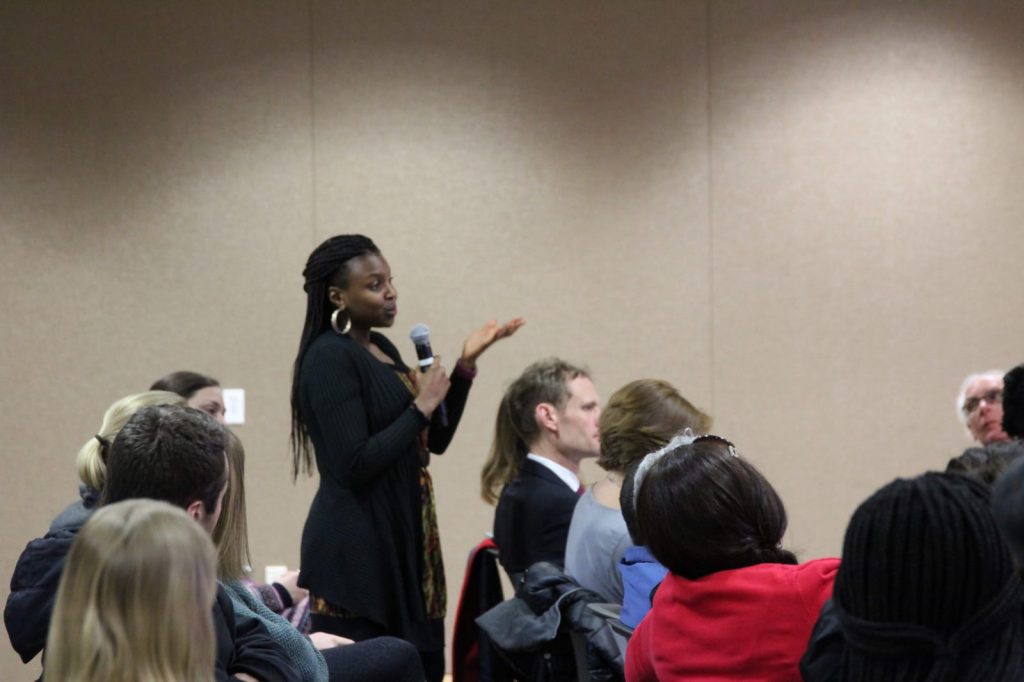
COVID-19, Youth and Tech: The Chance to Build a Resilient Nigerian Economy?
COVID-19 presents a substantial threat to Nigeria, Africa’s largest economy. Heavily reliant on an unstable resource market for its revenue, the Nigerian government faces growing unrest and fiscal difficulty as unemployment rates surge amongst its predominantly youthful population. COVID-19 may mark a crossroads in Nigeria, wherein redirection from the legacies of oil and the colonial era can allow the state to realise the potential of its population, the majority of whom are under 25.

